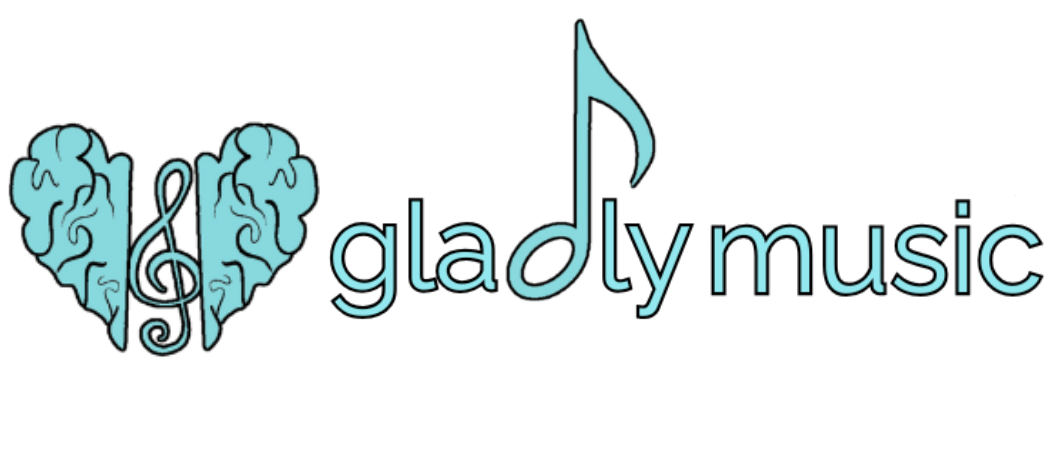When Should Kids Start Music Lessons? A Music Therapist’s Perspective
One of the most common questions I hear from parents is:
“When should my child start music lessons?”
It’s a great question—and like many things in child development, there’s no one-size-fits-all answer. The “right” time depends on your child’s age, readiness, interests, and support needs.
As a board-certified music therapist and music teacher, I work with children of all ages and abilities. Here’s what I’ve learned about when to start—and what kind of music experiences are most helpful at each stage.
What’s the Best Age to Start Music Lessons?
Many children begin formal music lessons between the ages of 5 and 7. That’s typically when they’re developmentally ready to:
Follow multi-step directions
Sit and focus for short periods
Begin learning to read (which helps with music notation)
Use fine motor skills with more control
Understand basic cause-and-effect (e.g., pressing a piano key = sound)
That said, every child is different. Some may be ready at 4, others not until 8 or later. The key is looking at readiness, not just age.
Signs Your Child Is Ready for Music Lessons
Your child may be ready to begin formal lessons if they:
Show consistent interest in an instrument
Enjoy repeating songs or rhythms
Can follow basic routines and take turns
Are excited to learn and make music (even if they’re shy at first)
Can focus on a task for about 15–20 minutes
Are open to gentle guidance and redirection
If your child is showing these signs, they may thrive with a supportive, beginner-level music teacher—especially one who uses a flexible or playful approach.
What About Younger Kids? (Ages 0–4)
Even though toddlers and preschoolers may not be ready for formal music lessons, they can absolutely benefit from early childhood music classes or what I call “music exploration classes.”
At these ages, music experiences can introduce a child to music and fundamental concepts like rhythm and pitch, while also helping with:
Language development
Motor skills
Social interaction
Emotional regulation
Bonding with caregivers
Look for developmentally appropriate music classes that include movement, singing, rhythm play, and exploration—not pressure to “perform” or learn specific techniques. These early experiences build the foundation for future music learning.
Should My Child Start with Piano? (Or Something Else?)
Piano is often recommended as a first instrument because:
It’s visually and physically accessible
It builds a strong foundation for musical literacy
It doesn’t require breath support or fine finger placement (like wind or string instruments)
However, your child’s interest matters most. Some children are drawn to drums, ukulele, or voice—and that’s okay! Choosing an instrument they want to learn can make a huge difference in motivation and success.
Final Thoughts: When to Start Music Lessons
So, when should your child start music lessons?
Here’s the short answer:
👉 When they’re developmentally ready, curious about music, and able to engage with gentle structure.
That could mean age 4 or age 8—or beginning with music therapy or early childhood classes to build those skills along the way.
The most important thing is not rushing the process. When music feels joyful, safe, and empowering, kids want to keep learning—and that’s the goal.
Looking for Support?
At Gladly Music, I offer:
🎵 Early childhood music (ages 0–4)
🎹 Adaptive music lessons for neurodivergent kids or beginners
💛 Music therapy to support developmental, emotional, or sensory goals
🎶 Traditional music lessons for children ready to learn an instrument
Ready to explore the best path for your child?
let’s talk about what would help your child thrive musically.
